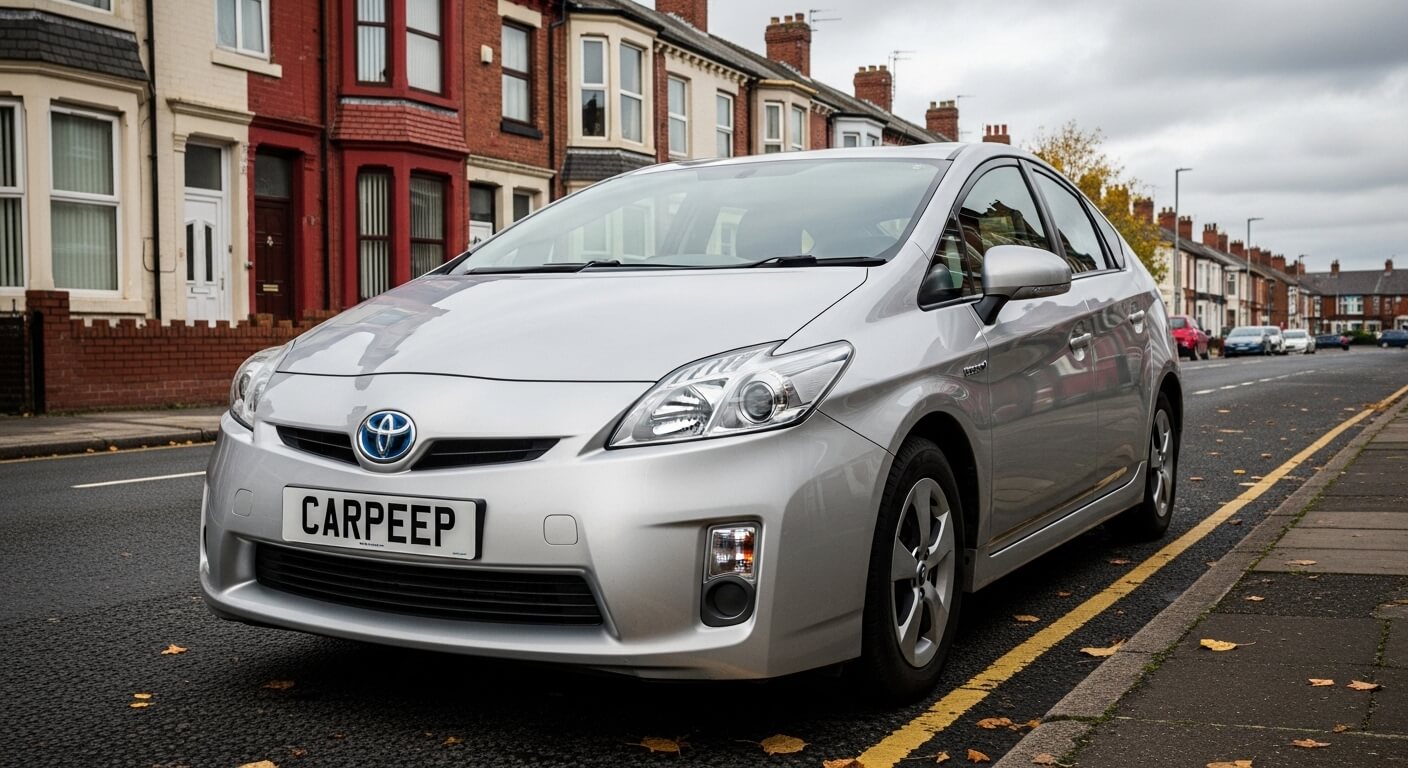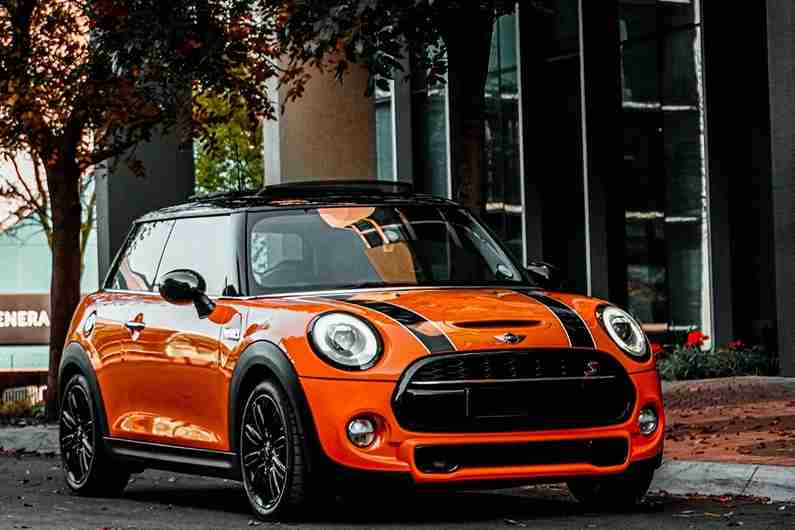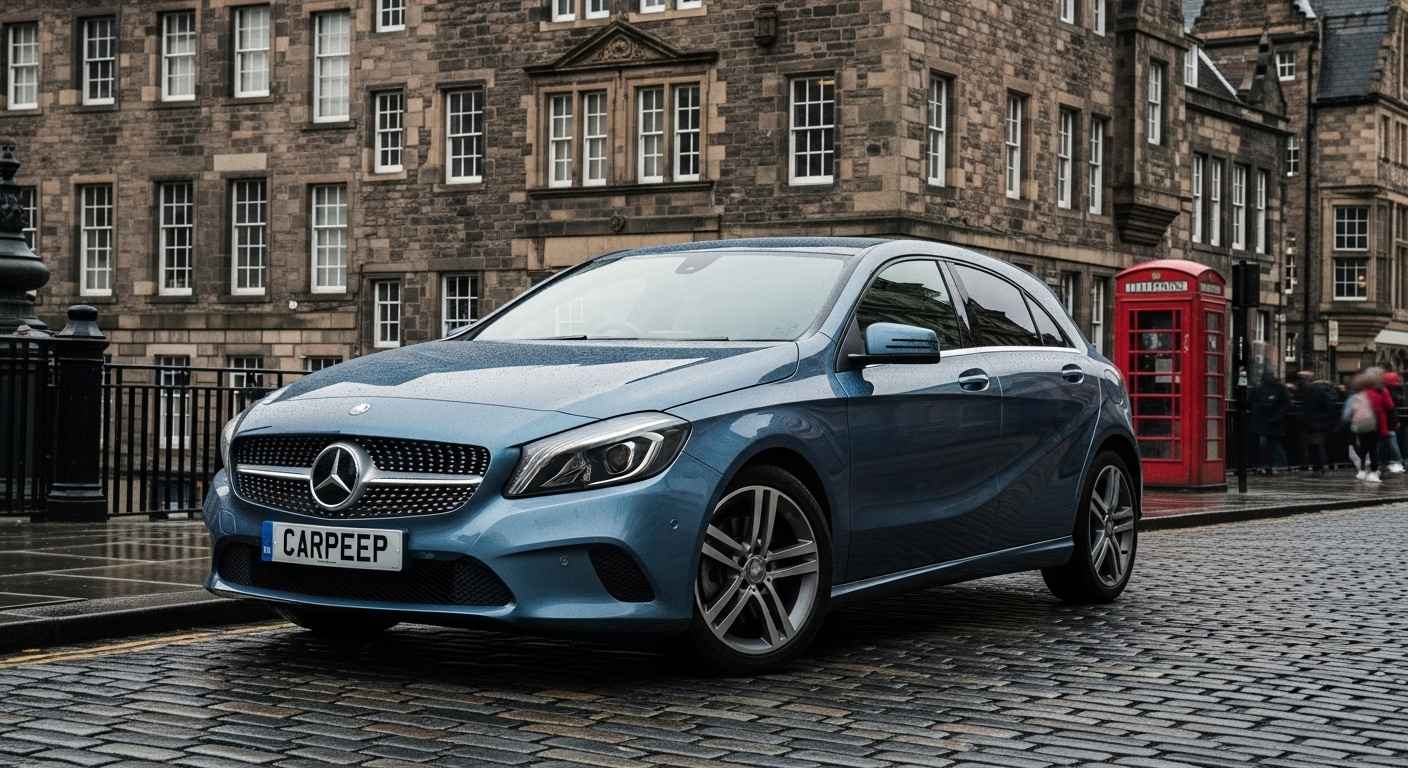A car history report is one of the smartest things you can buy before handing over your money for a used car. But here's the truth most companies will not tell you: it is not magic. It does not replace common sense, a test drive or a quick look under the bonnet.
At Carpeep, we are proud of how much our reports include, from stolen checks and finance to write offs, mileage, MOT, tax and ownership history. But even we will tell you straight: a car history check is not the full story.
The truth
A history check tells you what has been recorded in databases. It does not tell you what is about to go wrong, what has been hidden or whether the car is right for you.
Here is what you still need to look out for.
1. A Clean Report Does Not Mean a Perfect Car
A car can pass every check on paper and still have issues that only show up in real life. A history check tells you what has been recorded, not what is about to go wrong.
Things a report cannot show you
- Hidden mechanical problems. Blown turbos, dodgy gearboxes and misfires are not stored in national databases.
- Neglected maintenance. Missed oil changes or cheap replacement parts will not raise a red flag unless they lead to a formal repair or MOT failure.
- Flood or rust damage. Unless a car was written off by insurance, there is no central record. You have to spot it yourself.
Remember
Even if the report says "all clear", still check for service history, receipts and evidence that the car has been looked after properly. A clean report is a good start, not a guarantee.
2. Mileage Data Has Limits
Carpeep reports flag mileage discrepancies, but remember that mileage data mostly comes from MOT tests and recorded services. If a car was clocked between those events, no system can catch it.
Always check
- MOT certificates and service stamps match the mileage in the advert.
- Wear and tear matches claimed mileage, because worn pedals or seats with only forty thousand miles is a red flag.
- Service history shows consistent mileage increases without jumps back.
"A report helps you spot red flags, but human eyes still matter. Trust your instincts. If something does not add up, it probably does not."
3. Private Repairs Do Not Always Leave a Paper Trail
Not every crash goes through insurance. Some people fix damage privately, especially minor knocks or even moderate ones they do not want to declare.
Hidden damage
A car could have been in a serious smash, repaired with second hand panels and still show "clear" on every database. That is why physical inspection matters.
What to look for
- Paint consistency across panels. Mismatched shades are a red flag.
- Uneven gaps between doors and bonnet that could indicate frame damage.
- Fresh paint on a single panel but not others.
- Overspray on rubber seals or trim.
Get a pre purchase inspection if something feels off. A modest inspection fee can save you thousands.
4. "Clear" Does Not Mean "Right for You"
A car might be technically clean, with no finance, theft or write off markers, and still be the wrong buy for your life.
It might have been used as a delivery car and thrashed every day. It might be on its third clutch. It might be due a major service bill next month.
What a report cannot tell you
- How the car was driven, such as delivery work, taxi work or track days.
- Upcoming service costs for cambelts, clutches or big services.
- Wear on expensive components like clutches and turbos.
- Whether it fits your daily needs and driving pattern.
What a report does tell you
- Outstanding finance, which is critical.
- Stolen status, which is also critical.
- Write off history and category.
- Mileage discrepancies based on recorded data.
- Ownership history and patterns.
Use the report to avoid scams. Then use your eyes and ears to decide whether the car itself makes sense.
5. Use the Report as a Tool, Not a Crutch
A vehicle check is one part of buying smart. It protects you from being ripped off, but it is not a replacement for basic checks.
Your complete checklist
- Run a vehicle history check before you travel.
- View the car in daylight, never only in the dark.
- Start it from cold and listen for unusual noises.
- Check all electrics work, including windows, lights and AC.
- Look at tyres and brake wear, not just the paint.
- Check service history matches the report.
- Take it for a proper test drive.
- Get a pre purchase inspection for expensive cars.
The formula
A good car check plus a smart buyer means fewer surprises later. The report protects you from scams. Your inspection protects you from everything else.
The Bottom Line
Key takeaways
- A clean report does not mean a perfect car. You still need to inspect it.
- Mileage data has limits. Check wear and tear yourself.
- Private repairs do not show up. Look for paint and panel issues.
- A report is your starting point, not your only safety net.
- Use the report to avoid scams, not to skip basic due diligence.
At Carpeep, we will never claim a history check is the only thing you need. That would be marketing nonsense. A report is your starting point, not the whole journey.
"Our job is to make sure you do not buy something with hidden finance, stolen status or a write off record. Your job is to make sure the rest of the car stacks up."
So before you buy, do both. Run the check and do the basics. That is how you drive away confident.



